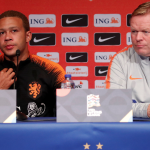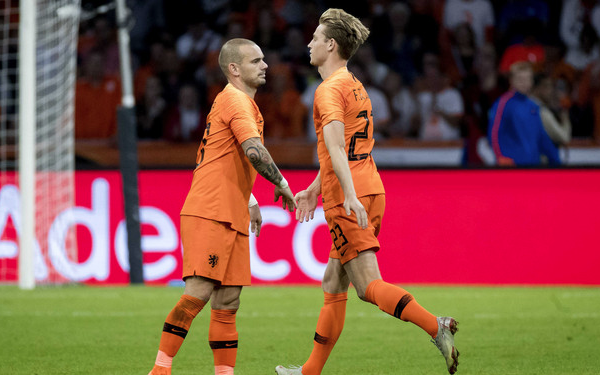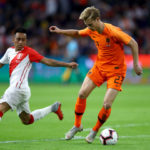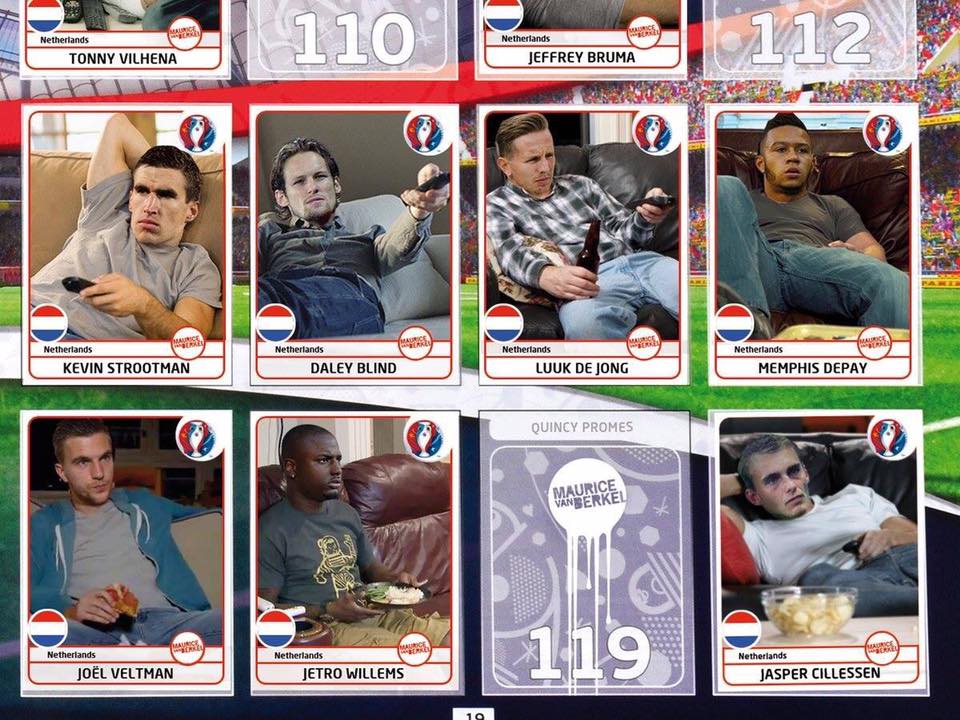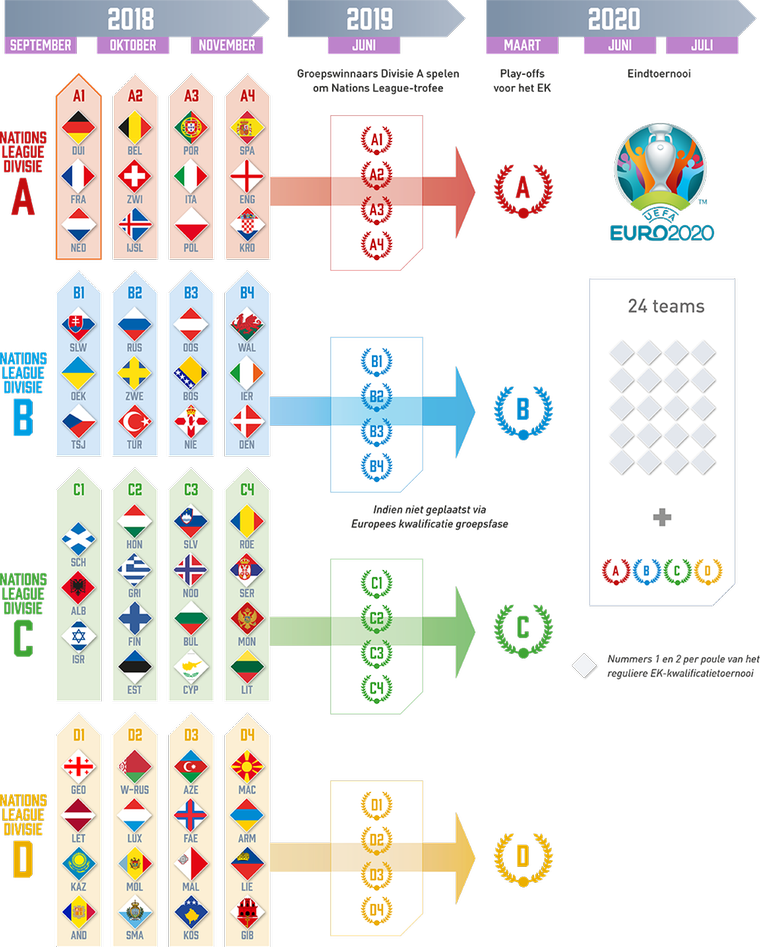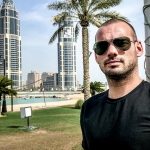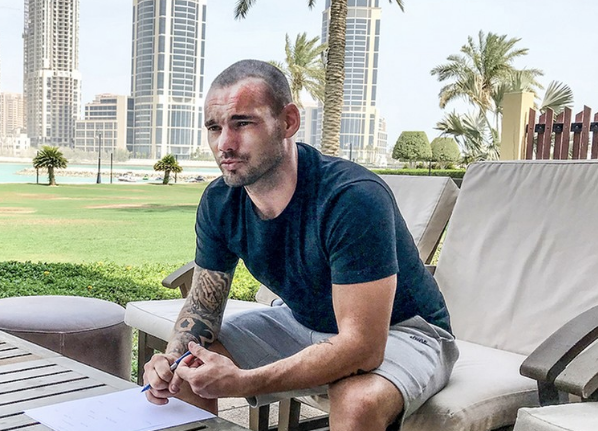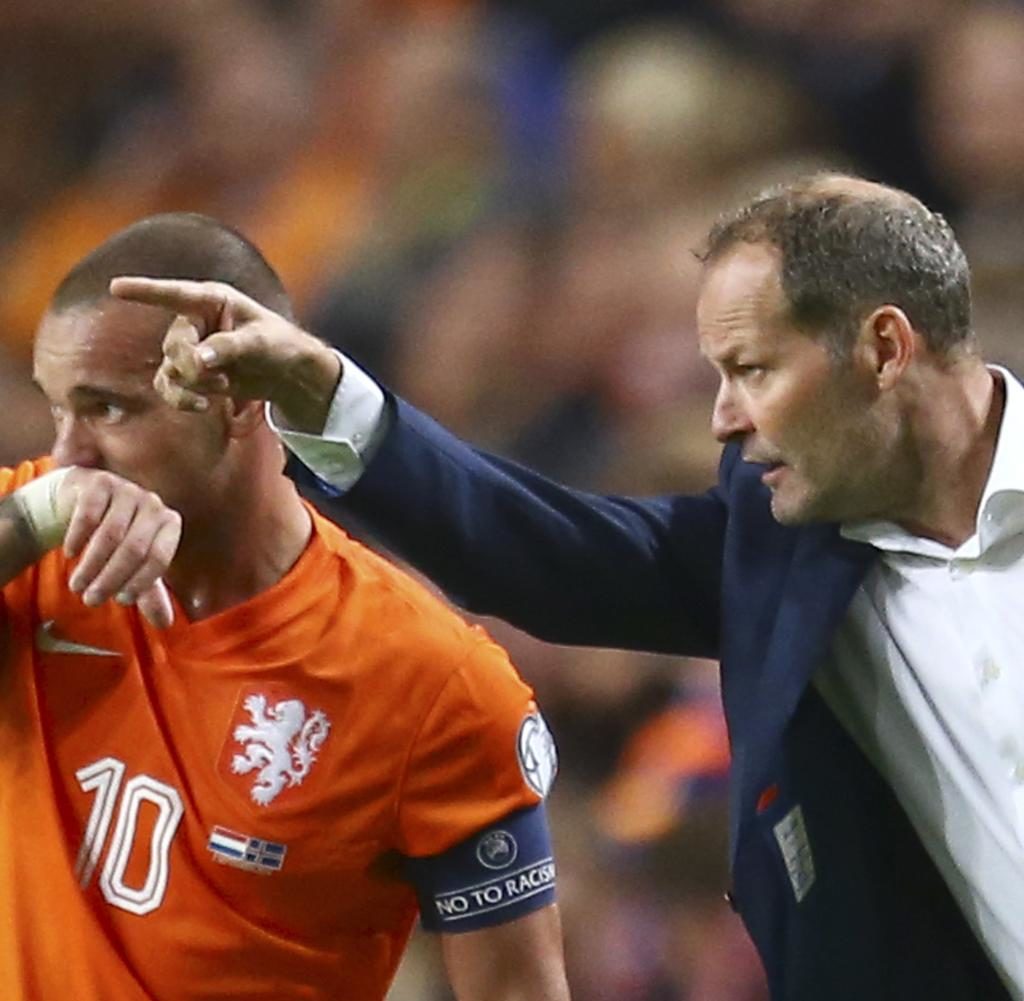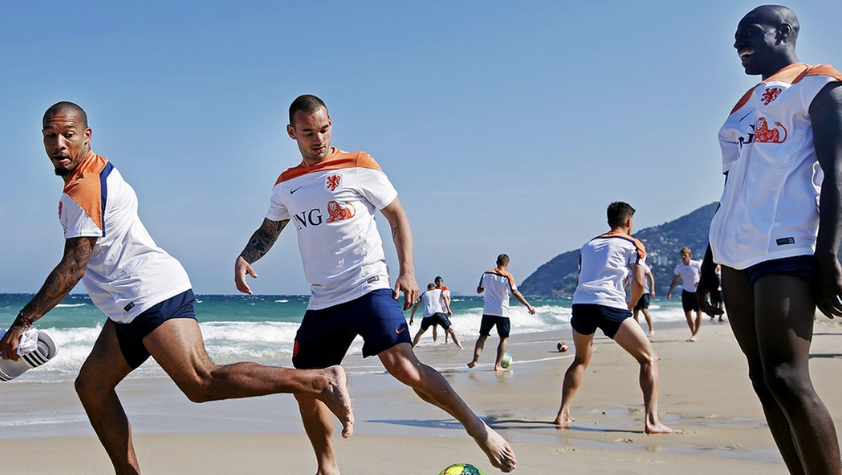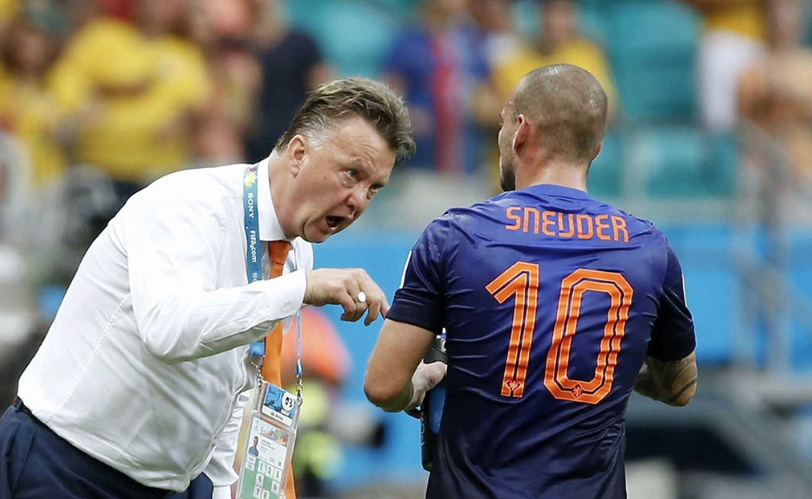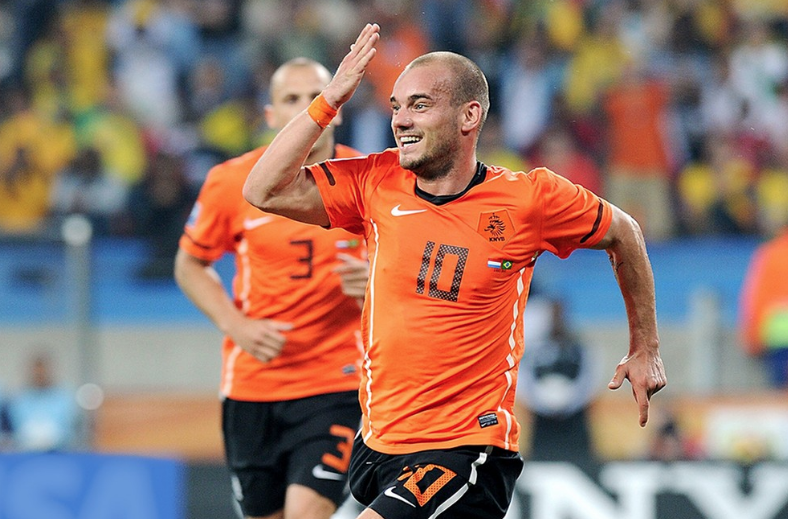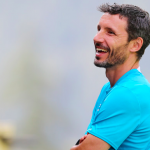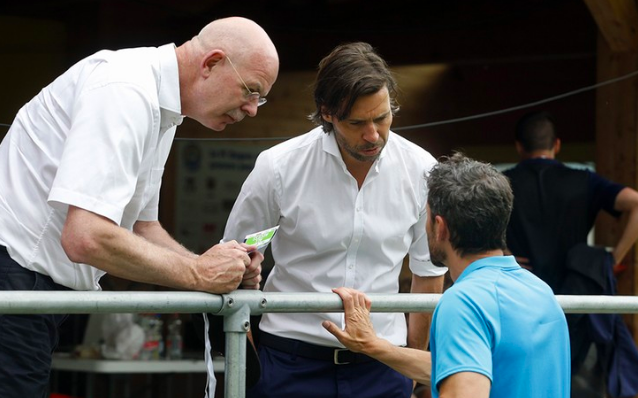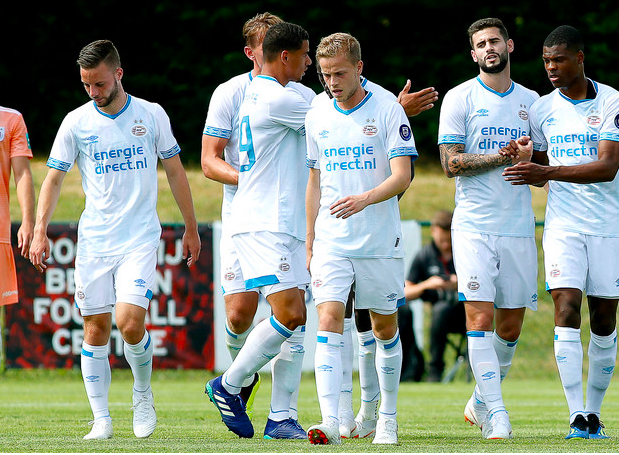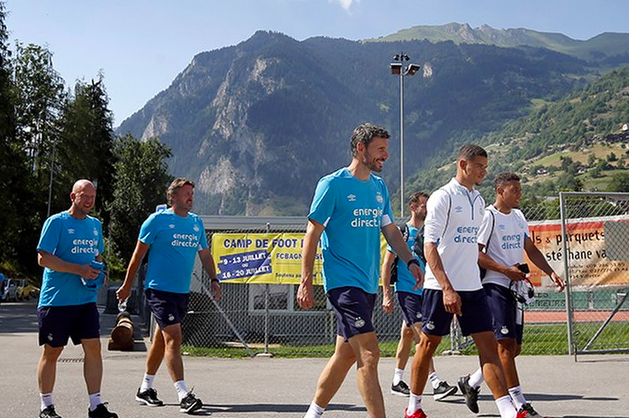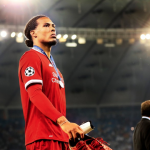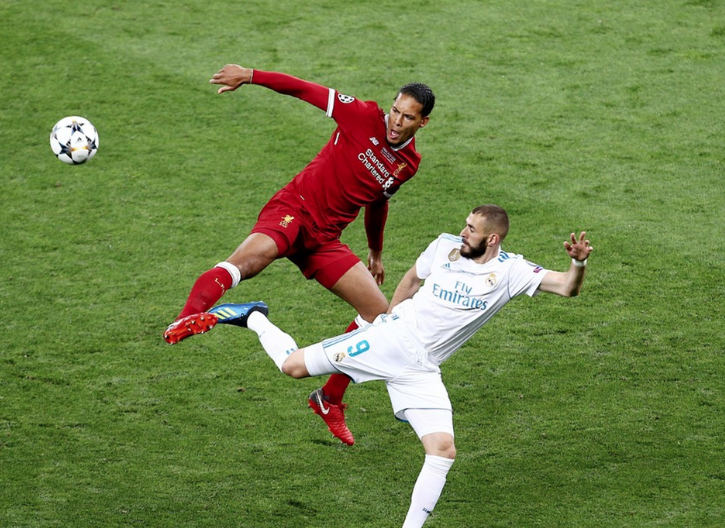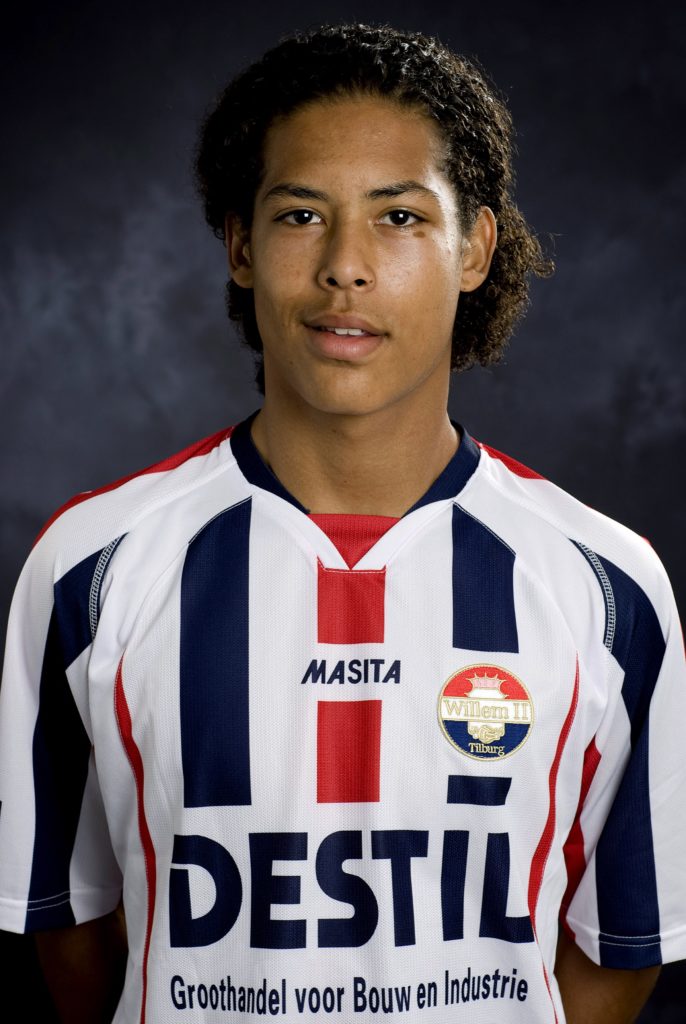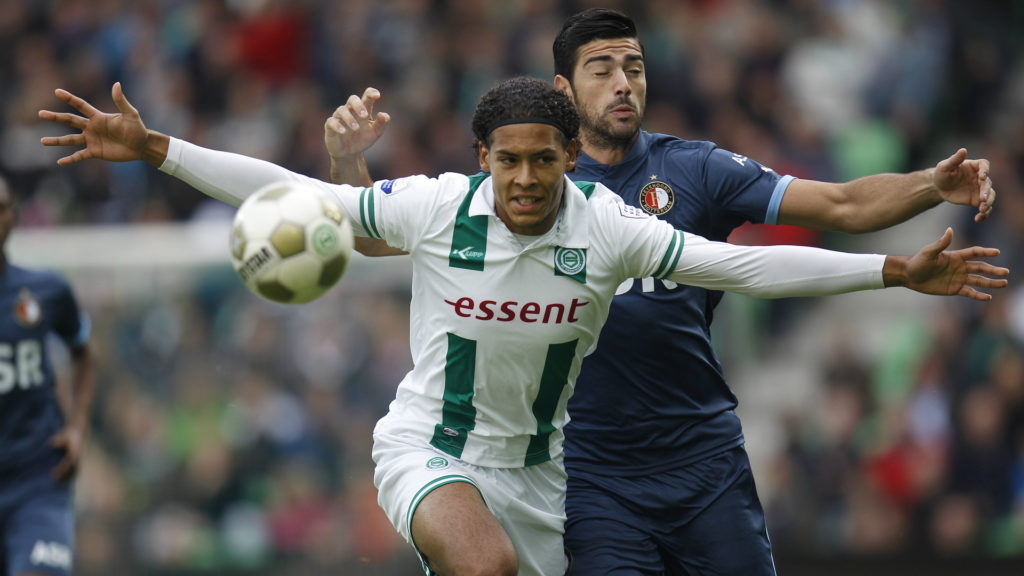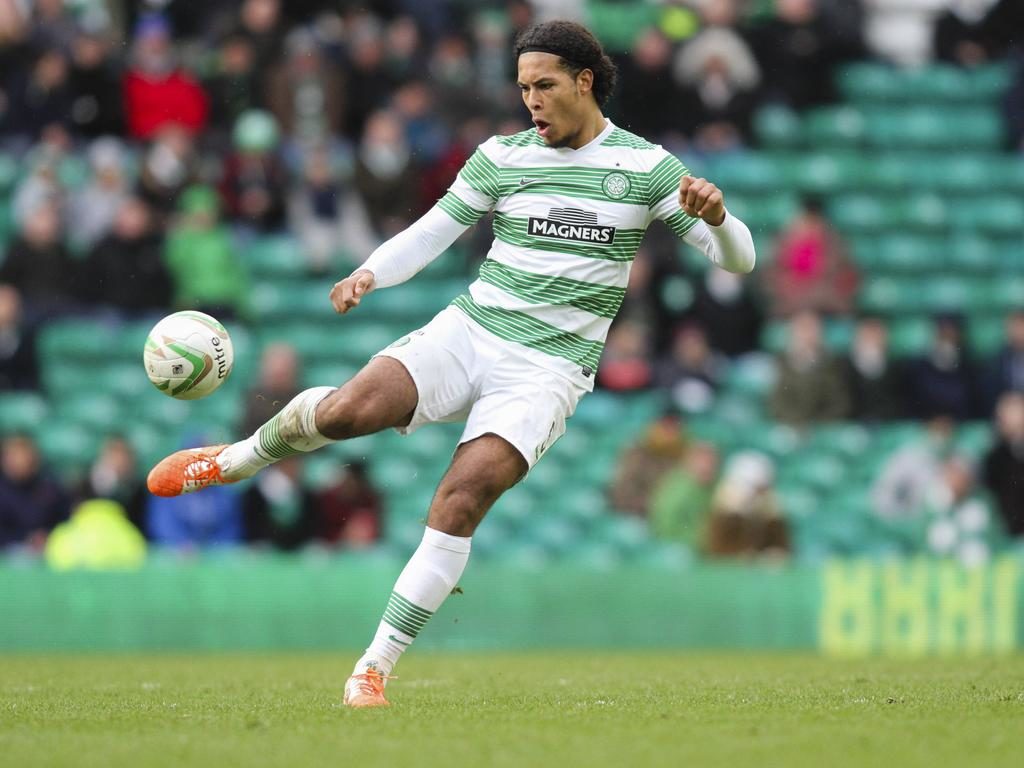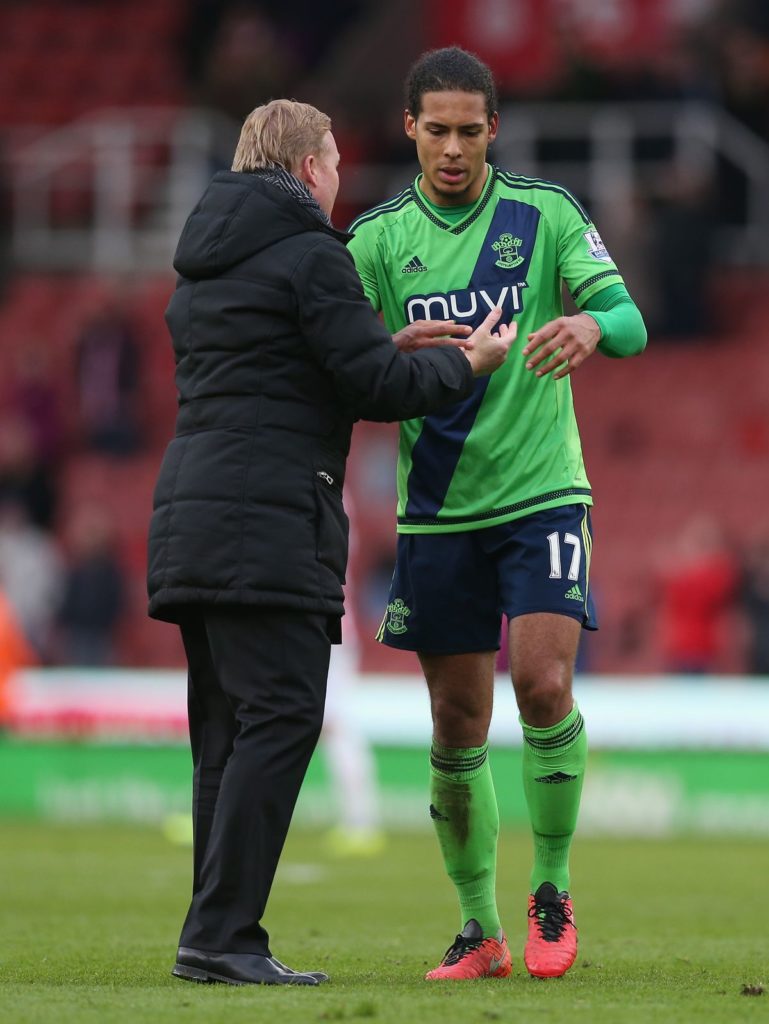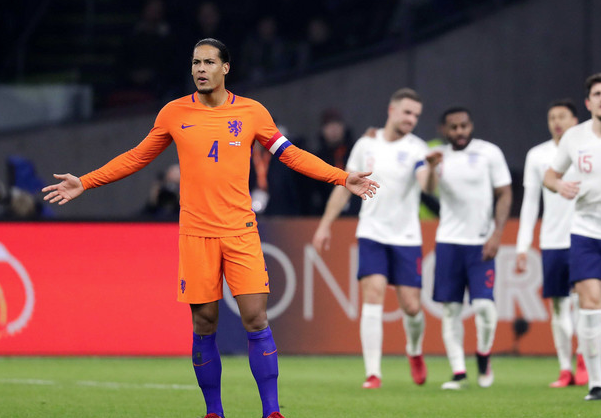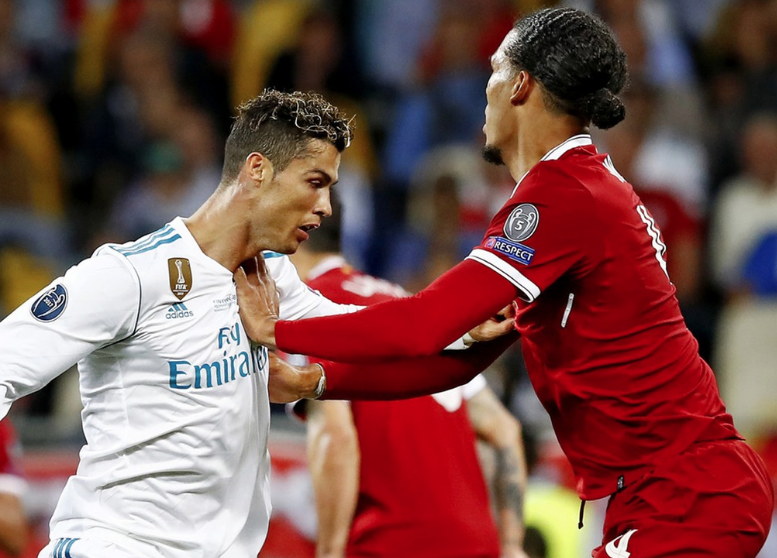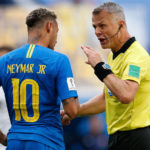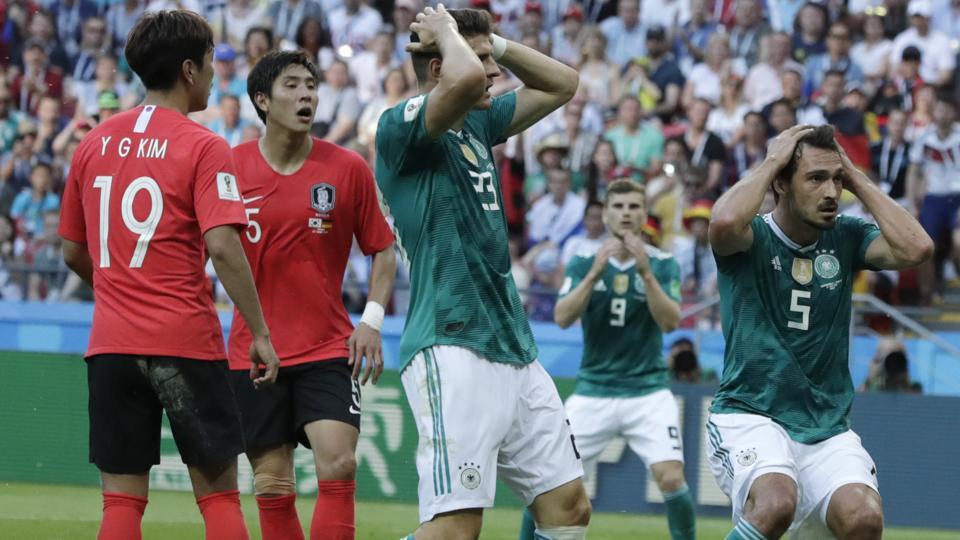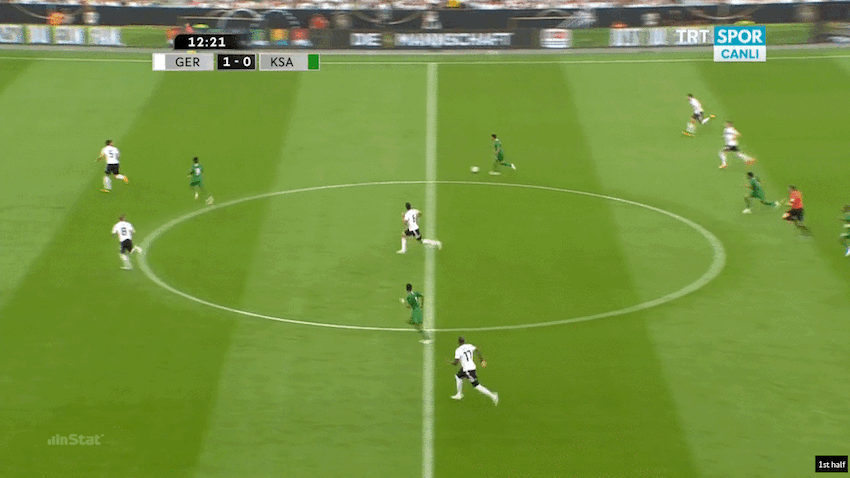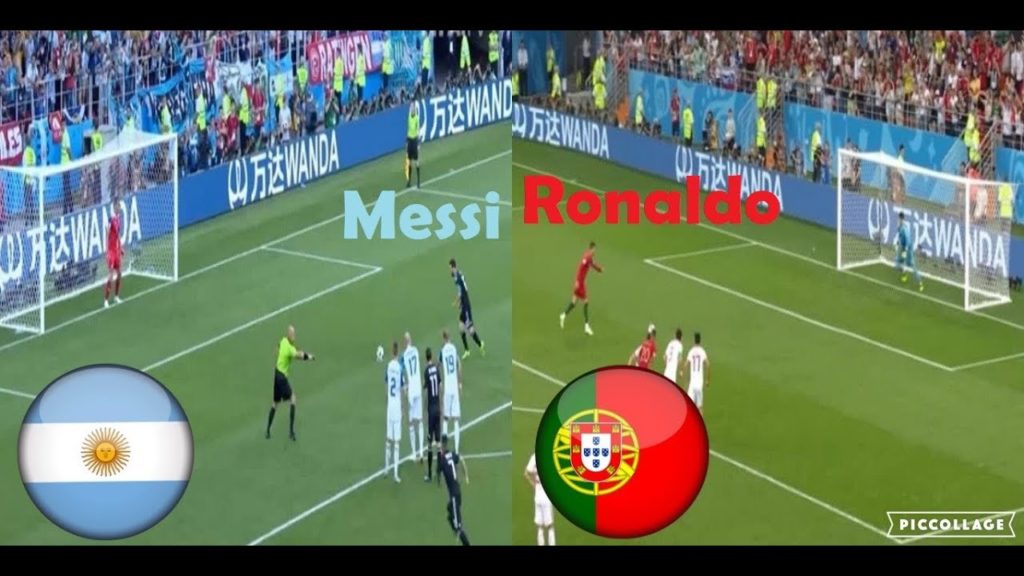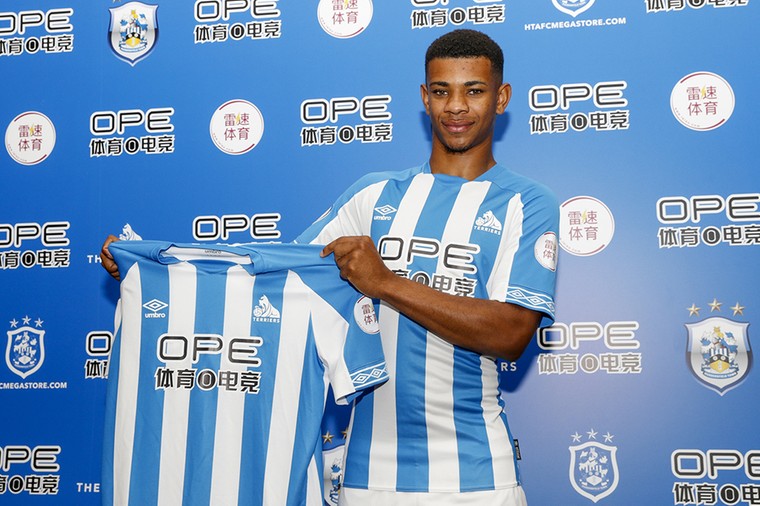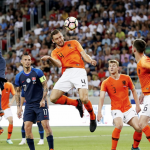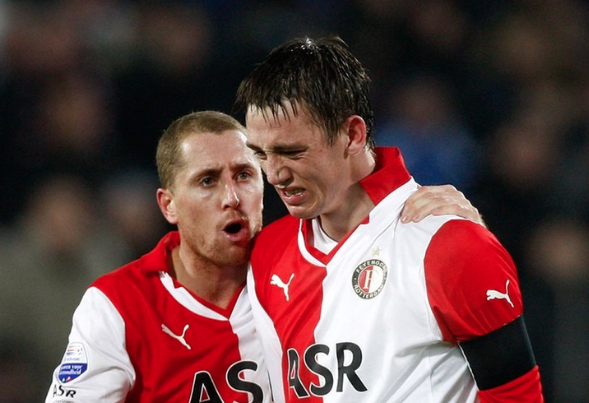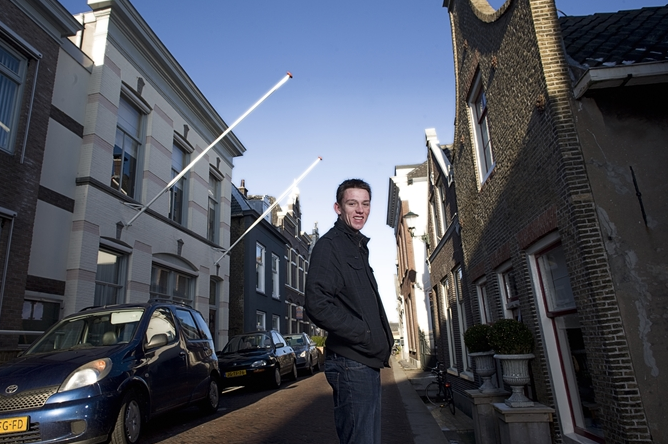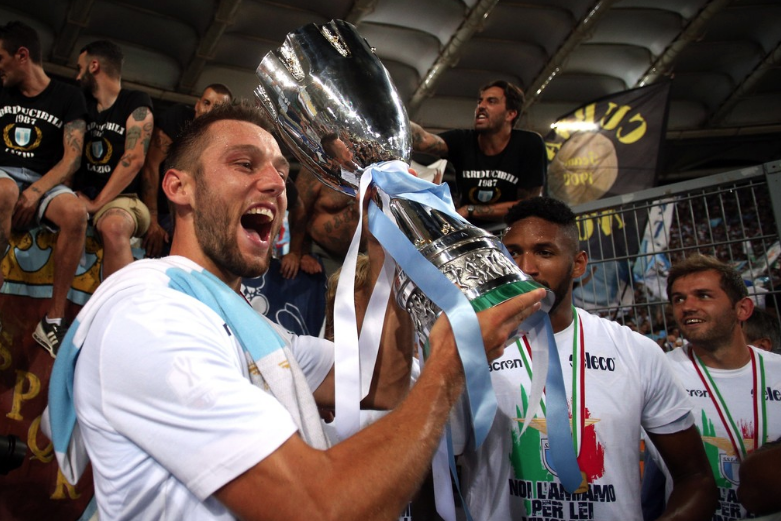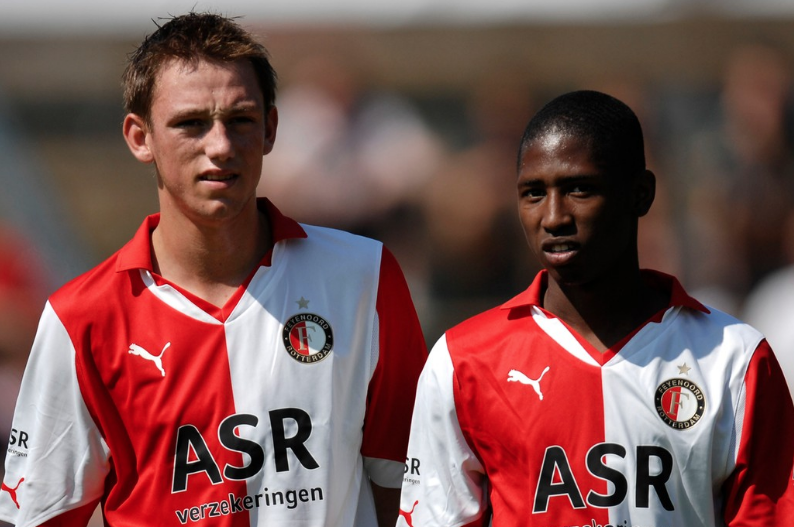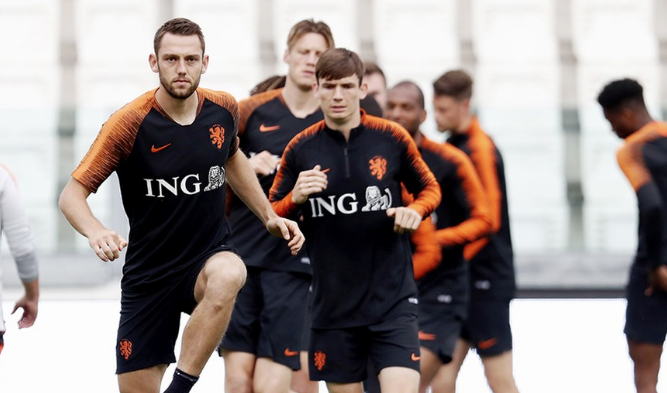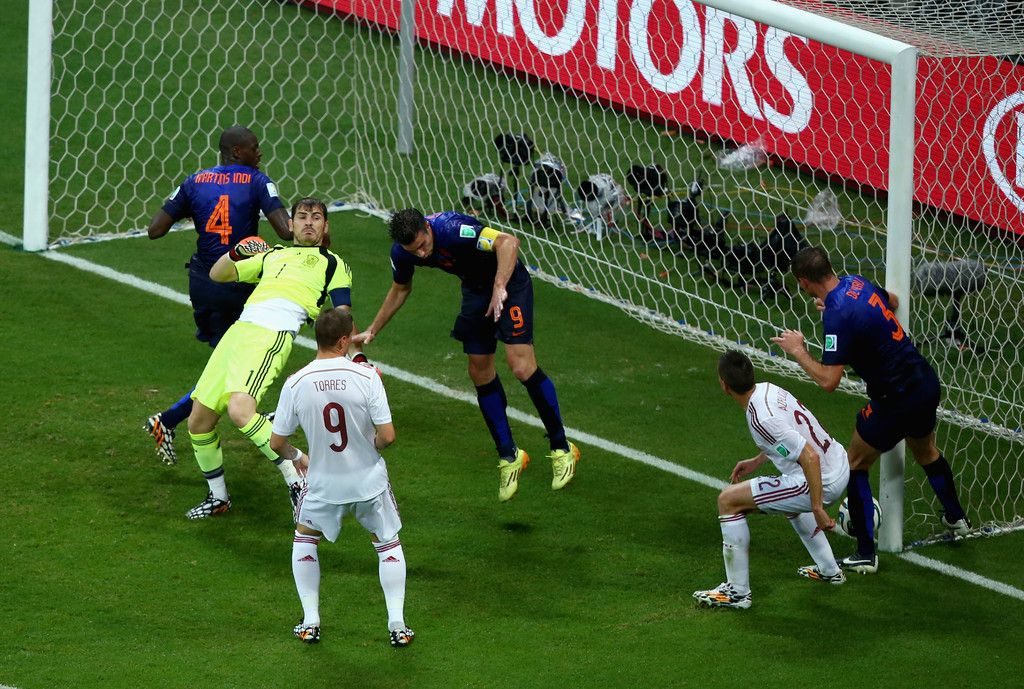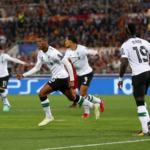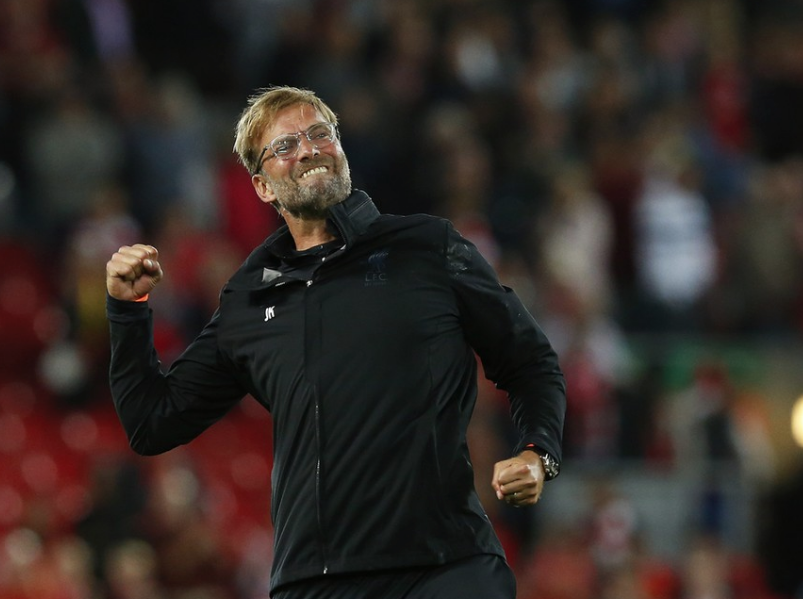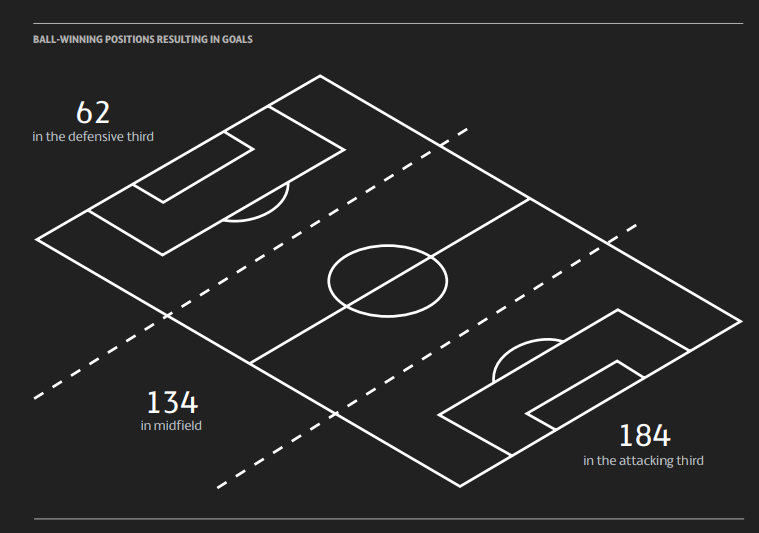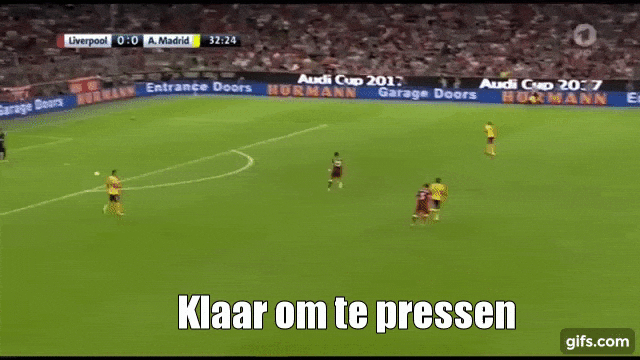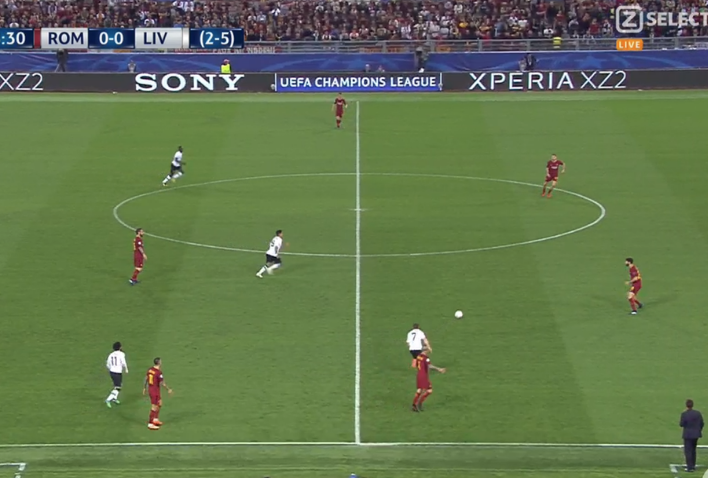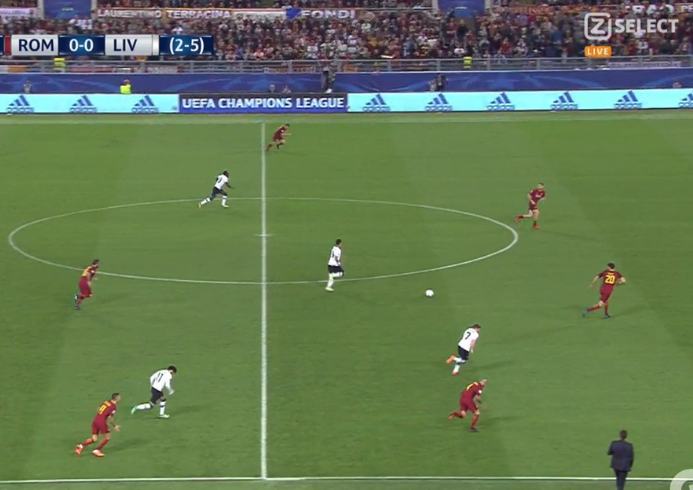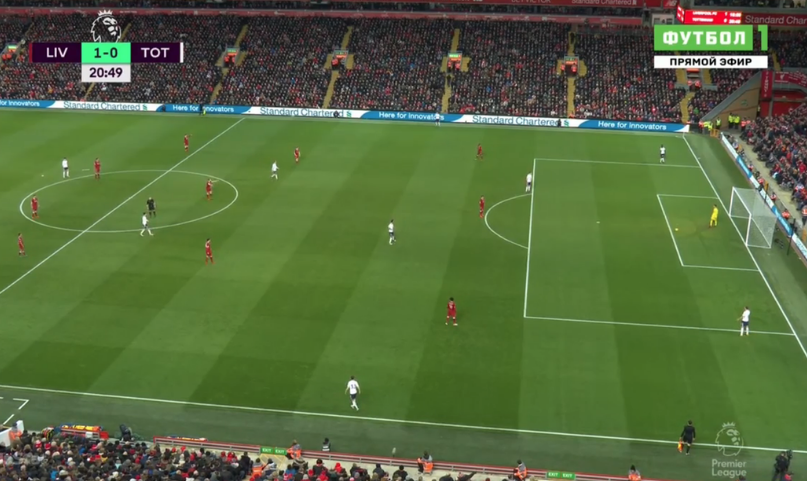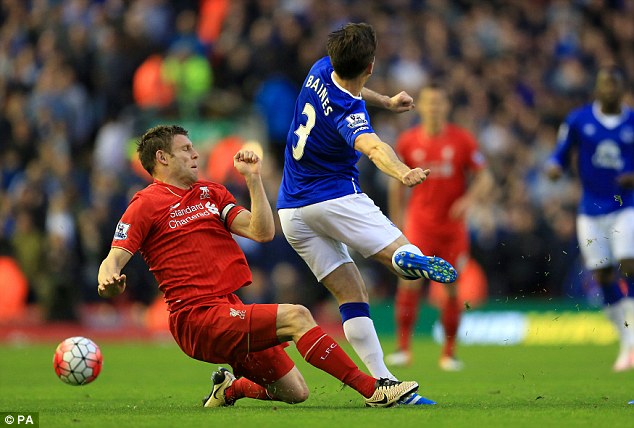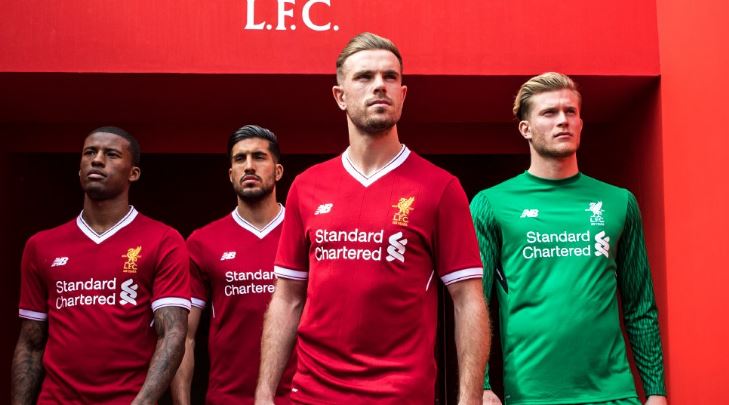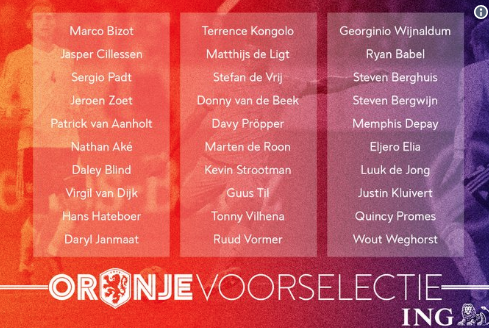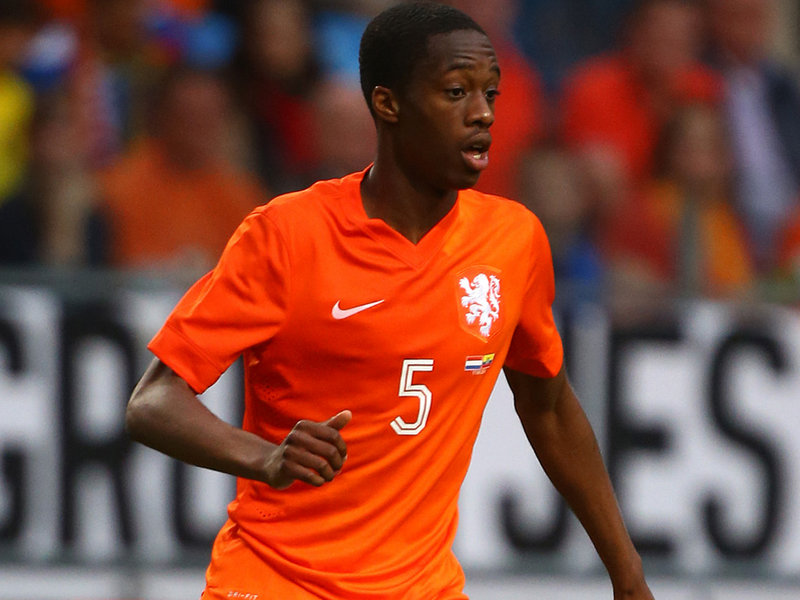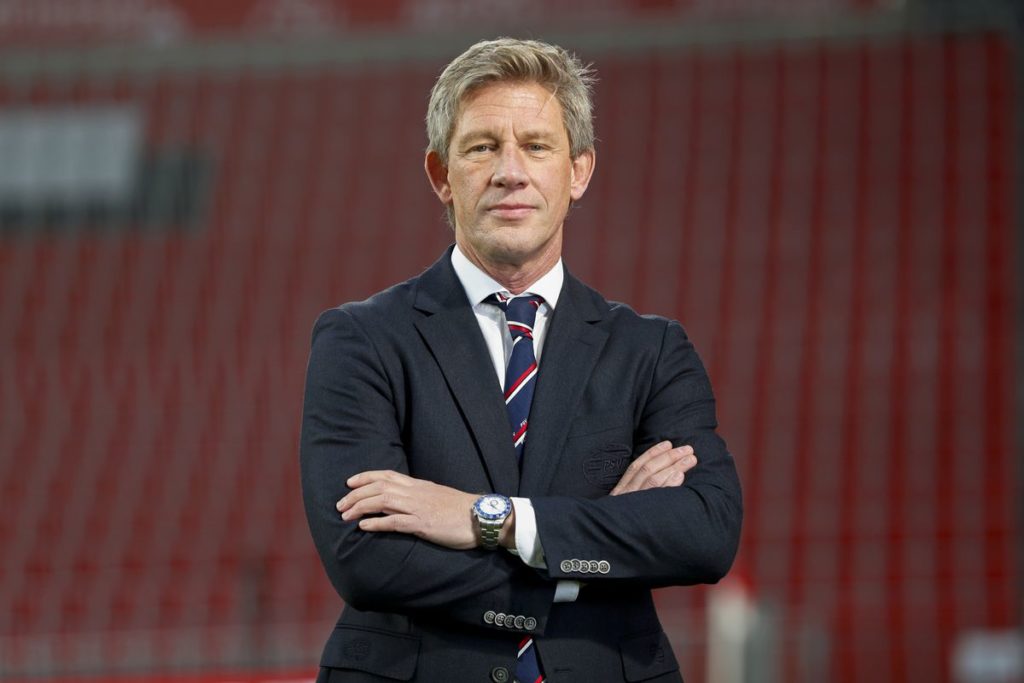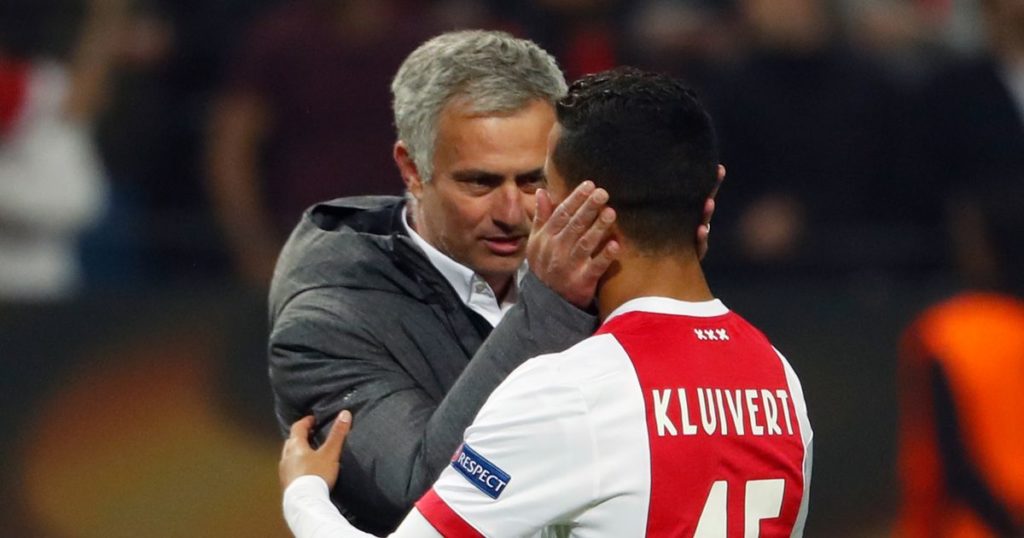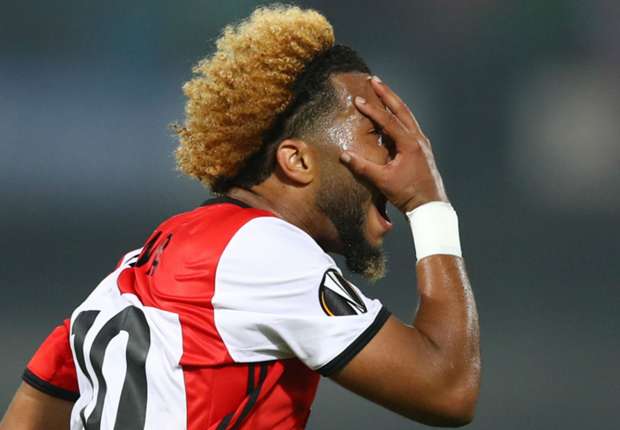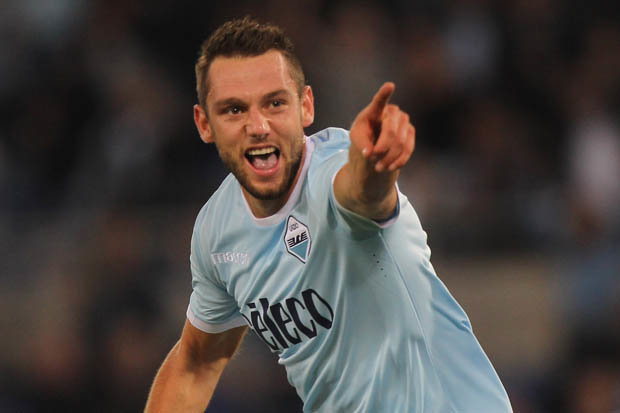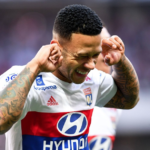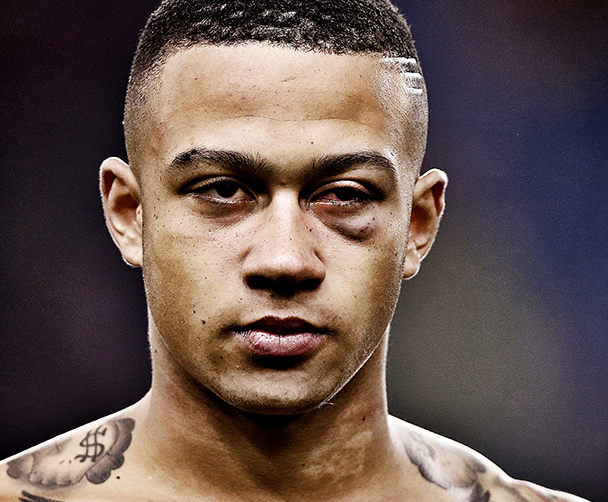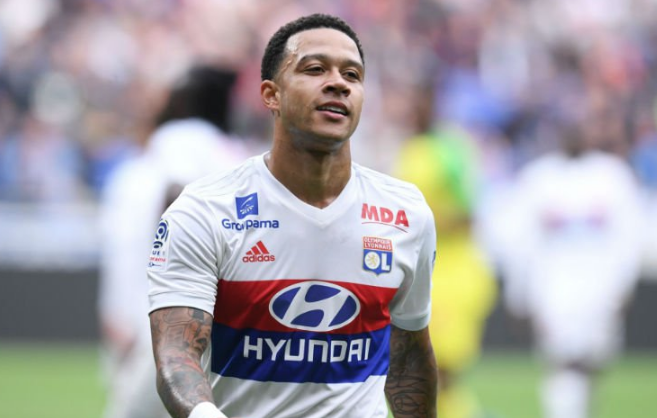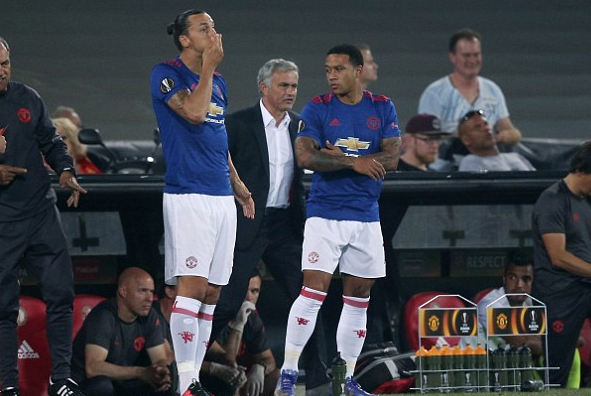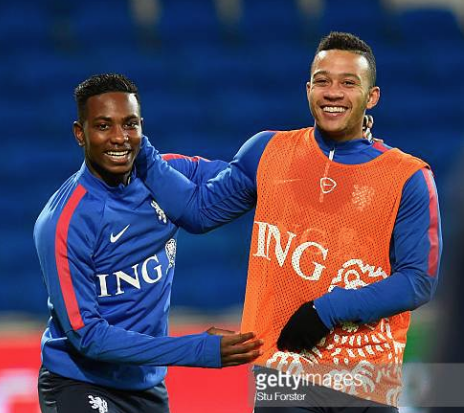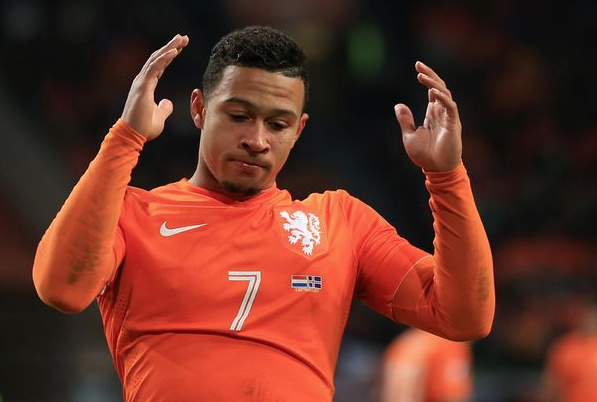In the last 10 years or so, Holland has had its fair share of good games vs France. With ex international Wes Sneijder’s masterclass from 2008 as the ultimate. But the 4-0 thrashing from last year is probably the best remembered and a strong reminder it is.
At home, we almost drew. A Stekelenburg error, a Memphis late miss, we almost got a result. Away from home, we lost with a decent 2-0 scoreline but Dick Advocaat forgot to think about the goal difference and set us up for a dreadful loss with two late goals conceded.
Ronald Koeman is positive this time around. “I can see strong improvements in our team. We know what we need to do more and more and better and better. The second half performance vs Peru was actually pretty good. Against a team that hardly gives anything away. I am pleased.”
The whole Oranje camp was quite buoyant about the meeting with the French. Maybe some Dutch courage after the Sneijder party? When Memphis was asked about Sunday’s opposition and the talk about world class players, he shrugged: “We have world class players too,” pointing at Virgil van Dijk.
De Ligt was as positive. “We are going there to compete. Being afraid or overly cautious is not who we are. We need to play focused and compact and we will get our chances.”
Virgil van Dijk: “We always get chances. I think we have learned from past mistakes and we will take the game as it comes.”
Still, a lot of critical questions about Strootman/Wijnaldum in the engine room. Koeman: “I know, it is hard. Oranje is different for them. At their club, they play with different players, have different roles, much more automatisms… I had these periods myself as well. You need to switch and it’s not always easy.” This seems to open the door for a starting spot for Propper and Frenkie de Jong. Koeman: “Hey, I understand everyone like Frenkie and he did really well, it’s quite good to see a player make his debut and play as if he’s been playing his 30est cap but lets just see how we go.”
About France: “They will play like they did in the World Cup. It worked for them, they got their result. So they will play compact, with tactical discipline and break when they can. Boy can they break. We can’t give away too much space and have to be really alert, while creating something when we can. Because we will get chances.”
Questions about Daley Blind, in particular with Mbappe as potential opponent. “Daley didn’t have a good game. It happens. We have all been there. Every player with 40+ caps is entitled to a lousy game and I love it when it does happen in friendlies and not in real matches. I do think Daley can handle MBappe. He handled fast players before, when at Man United. I remember Mahrez not getting anything against Blind. But Van Aanholt is an option too. Patrick was absent on Thursday due to his sister’s wedding. However, if Jan Vertonghen can handle Mbappe, so can Daley.”
Wesley Sneijder made a strong symbolical gesture last Thursday, after the Peru game. He gave his #10 jersey to Memphis. Depay: “I do enjoy the support and confidence the players and the coach have in me. But I will just be and remain myself. We are building a wonderful new team and we will need to carry the team together. I will not be able to do it alone nor will I even attempt it alone. I am just one of the team and with my specific skills, I can help the team. But we have tremendous players, like Van Dijk, Cillesen, Blind, Wijnaldum and some amazing youngsters coming up like Mathijs and Frenkie and Donnie. The future is bright.”
Asked about his role in the team… “We do play 4-3-3 on paper but we have different ways of expressing ourselves. It’s fluid. Like it is with Lyon. At Manchester, I was bound to specific tasks and that is not how I play. I can play in different systems, but what I am not, is a firm left winger, tied to the line or a target man #9 like Van Nistelrooy or Janssen or Luuk. I need to be able to float, the freedom works for me. And I can create danger. I could use the space in the second half vs Peru. The first goal was a typical striker’s goal. Midfield takes possession and has the killer pass for me in behind. But the second goal I set up. From our own half, I had the pre-assist as well.”
The symbolism seen by the fans and the analysts was different though. Playmaker Wesley went, playmaker Frenkie came.
Holland lacked football in the first half vs Peru and Koeman rectified it by bringing Propper and Frenkie de Jong. The latter playing in the #6 role, a role he scoffed at some while back. When the midfielder was signed by Ajax, his coach Jurgen Streppel said the following in 2016: “Frenkie is the type of player who can take on an opponent and create the man more situation. He has a very short swivel and eyes in his back. I think he has a great future ahead of him. He can also play on the wing, but my suggestion would be: the number 6. The controlling mid.” Frenkie de Jong himself was surprised: “Did he say that? I always played on #10 my whole life. I am not sure if Streppel understands the game.”
Harsh words, and words Frenkie will have to eat. Because he is at his best playing behind the ball. At young Ajax, he played as #10. Marcel Keizer actually used him like this but then dropped him two lines back the central back role, where he could get involved with the build up. Now, he’s one of the two controlling mids at Ajax, but his role is basically similar, to the two roles before. He’ll play the central back, the holding mid and the playmaker in one.
He’s got some exquisite skills. Like dribbling. Usually, players in the mid holding role are great passers. There are not a lot of great dribblers playing there and Frenkie does do that ever so well. Both passing and dribbling. We used to have the likes of Van Bommel, Cocu, Jan Wouters, Wim Jansen and more recently Strootman, De Roon…good passers. Not so good in dribbling. I can only think of Moussa Dembele of Spurs and Modric of Real Madrid. Even Busquets is not much of a dribbler.
Making the play. Frenkie is in charge of the rhythm of the play. Usually has the exact right forward pass, the right decision. He is the bridge between defence and attack. And he is one of the few who can find the players in front of him, in between the lines, with the proper pass. At Ajax, there are many players playing there (Dolberg. Van de Beek, Ziyech, Tadic, Neres) but not a lot able to play that pass. And De Jong is not playing like the mailman, as Vilhena did when he was younger, or Hendrix of PSV.
Some comparisons:
Frenkie compared to his rivals:
| Frenkie de Jong (Ajax) | Jorrit Hendrix (PSV) | Tonny Vilhena (Feyenoord) | Sergio Busquets (Barcelona) | Toni Kroos (Real Madrid) | |
|---|---|---|---|---|---|
| League games | 4 | 4 | 4 | 3 | 3 |
| Minutes played | 258 | 360 | 360 | 251 | 270 |
| Goals | – | 1 | 1 | – | – |
| Assists | – | 1 | – | – | – |
| Chances created | 3 | 3 | 6 | 5 | 4 |
| Shots | 1 | 7 | 5 | 0 | 4 |
| Yield | – | 14,29 % | 20 % | – | – |
| PASSING | |||||
| # of passess | 235 | 222 | 191 | 198 | 333 |
| On opponent half | 148 | 134 | 114 | 138 | 201 |
| Ending op in final third | 53 | 44 | 51 | 48 | 75 |
| Success % passes | 90,21 % | 84,68 % | 86,91 % | 87,37 % | 96,7 % |
| Succespercentage passes opponent half | 86,91 % | 79,1 % | 82,46 % | 84,78 % | 96,02 % |
| # dribbles | 7 | 5 | 6 | – | 3 |
| # successsful dribbles | 7 | 4 | 3 | – | 3 |
Frenkie’s value won’t be defined in number of goals or even number of assists. It’s the pre-assist that will be Frenkie’s domain.
The comparison with Tony Kroos is interesting, like De Jong, the midfield captain of Real Madrid drops back into the defensive zone to pick up the ball. But where Kroos passes – and passes incredibly accurate – Frenkie can pass and dribble.
Against Peru, 97% of his passing was accurate and he hardly had any loss of possession. He will have to do the same vs France, as the Cocq’s will punish you if your pass doesn’t reach the target. Will Frenkie’s passing be able to surprise N’Golo Kante? We’ll see…
Your views guys?
What will it be?
I personally think we’ll win the match, 0-2. I think France will not be playing their top football after their successful WC campaign. They will probably not take the Nations League too seriously. I also think they’ll be complacent.
Frenkie will play a great game for us and Memphis and Kluivert will find the net.

